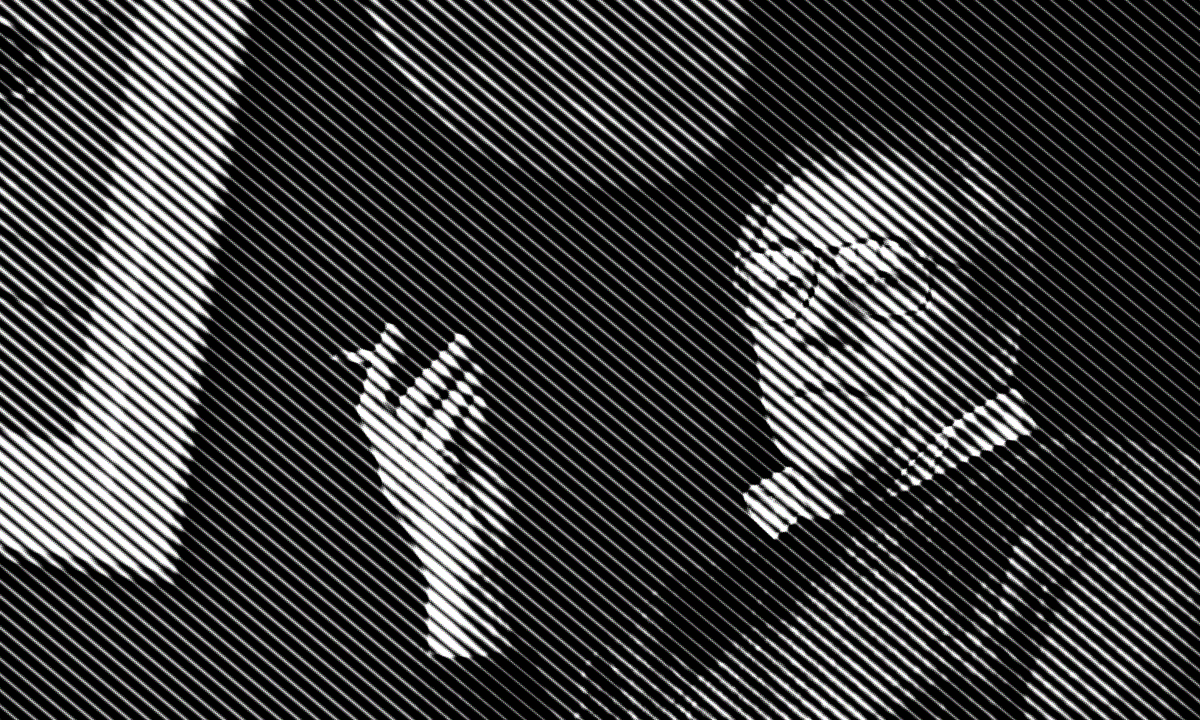
In its technological execution of Enlightenment thought, the 19th century overthrew the order of appearances. Much that once appeared real was revealed to be illusory; all that remained was that which could be implemented.
Then the 20th century overthrew meaning. Dada, surrealism—it all showed that the supposedly sound logical order of Enlightenment discourse was, in fact, insecure. The rules of Enlightenment discourse were not themselves grounded in Enlightenment reason, but dependent on a variety of pre-modern inheritances, especially faith in God.
The Enlightenment, and all of secular civilization as we now know it, was essentially a wager, that we could discard God but still maintain a coherent correspondence between reality and the symbols we use to represent reality. As Baudrillard writes in Simulacra and Simulation:
"All Western faith and good faith became engaged in this wager on representation: that a sign could refer to the depth of meaning, that a sign could be exchanged for meaning and that something could guarantee this exchange—God of course. But what if God himself can be simulated, that is to say can be reduced to the signs that constitute faith? Then the whole system becomes weightless, it is no longer itself anything but a gigantic simulacrum—not unreal, but a simulacrum, that is to say never exchanged for the real, but exchanged for itself, in an uninterrupted circuit without reference or circumference."
In other words, the Enlightenment was a brilliant but short-lived consumption of Christendom's long-accumulated cultural capital. Once that capital is burned and God becomes nothing but one possible sign within the circuit of simulations, public sense-making becomes fundamentally untethered.
We are now left with pure simulation. Simulation is not fake, false, or pretend, but neither is it true or real. Simulation refers to the operation of models. We no longer ask what is real or true objectively, and we typically do not even realize or understand that we no longer ask what is real or true. We simply run models—in our heads, on our computers, in our polities, and so on. We have not merely normalized simulation, but valorized it: Many of the most intelligent people believe that model-thinking is optimal thinking, the epitome of philosophical and scientific sophistication. Good models might be more effective than bad models, but the problem is that, as the statistician George Box once said, “all models are wrong."
The reign of simulation absorbs all thought and social activity into a competition of models, making a desert of the real. It's as if there's nothing there anymore.
If you are looking for objective reality and ultimate truths, your situation is structurally desolate: outside of society, dry, empty, not a soul in sight—a late, digital version of Moses in Exodus.
But you're not alone.
Keep going.
